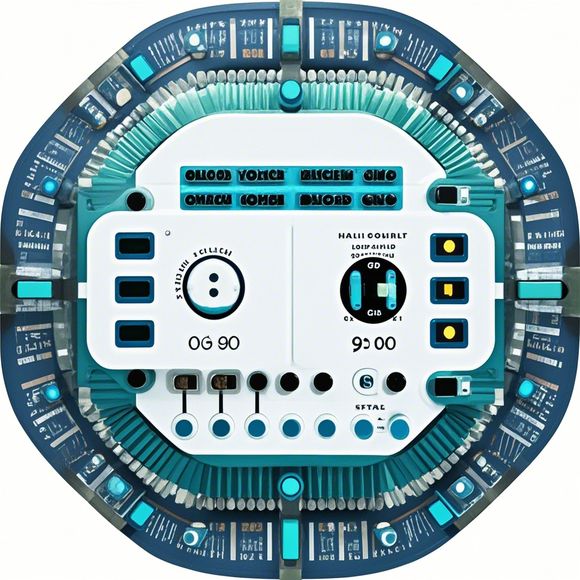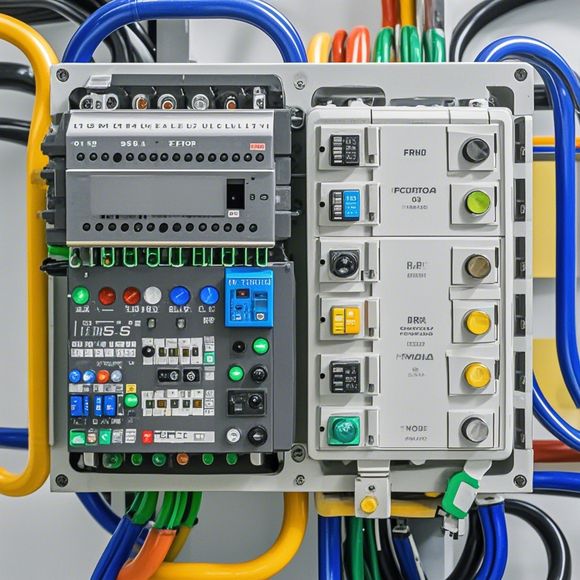PLC Controllers - What Are They for?
"PLC controllers are used in industrial automation systems to control the flow of materials and processes. They are designed to make complex tasks easier to manage, such as controlling robotic arms or automating manufacturing lines."
Introduction to PLC Controllers:
In the realm of modern industrial automation, Programmable Logic Controllers (PLCs) play a crucial role. These devices are designed specifically to control and monitor various processes within factories, plants, or other manufacturing environments. They serve as the brain behind many complex systems and help to ensure that machines run safely, efficiently, and reliably under varying conditions.

The Importance of PLC Controllers:
One of the most significant advantages of using PLC controllers is their ability to handle a wide range of tasks with minimal human intervention. Whether it's adjusting the speed of conveyor belts or regulating the temperature in a bakery oven, PLCs can handle these tasks with precision and reliability. Additionally, they can be programmed to respond to specific situations or events, allowing for greater flexibility and adaptability in industrial settings.
Another key feature of PLC controllers is their modular design. This allows for easy integration of new features or upgrades without disrupting the overall system. For example, if a company decides to add an additional sensor or a new control panel, they simply need to connect the appropriate modules and program them accordingly.
Safety Features:

One of the most important functions of PLC controllers is their ability to detect and prevent accidents. Many modern models come equipped with safety features such as fault detection and isolation, emergency stop switches, and automatic shutdown mechanisms. These features help to minimize the risk of injury or damage during operation and ensure a safe work environment.
Efficiency:
When it comes to efficiency, PLC controllers are highly effective at managing multiple processes simultaneously. By controlling different components of a factory floor or machinery, they can optimize production while minimizing waste. Additionally, PLCs can be programmed to operate in optimal modes, such as standby mode when idle or active mode when needed, further enhancing overall efficiency.
Customization:

Finally, one of the biggest strengths of PLC controllers is their ability to be customized to meet specific needs and requirements. From simple temperature controls to complex machine monitoring, there are countless ways to tailor PLC programs to suit any given situation. This level of customization ensures that each system operates exactly as intended, maximizing productivity and reducing downtime.
In conclusion, Programmable Logic Controllers (PLCs) are an essential tool for industrial automation today. With their ability to handle various tasks with ease, integrate easily, offer safety features, and be highly efficient, PLCs have become the go-to solution for many industries. Whether you're looking to streamline your operations or improve efficiency, investing in PLC controllers is a smart move that can pay off in both the short and long term.
Content expansion reading:
Articles related to the knowledge points of this article:
PLC Controller Wiring Guideline
PLC Programming for Automation Control in the Manufacturing Industry
The Role of Programmable Logic Controllers (PLCs) in Foreign Trade Operations
Connecting a PLC Controller to Your Computer
PLC Controllers: A Comprehensive Guide to Understanding Their Prices